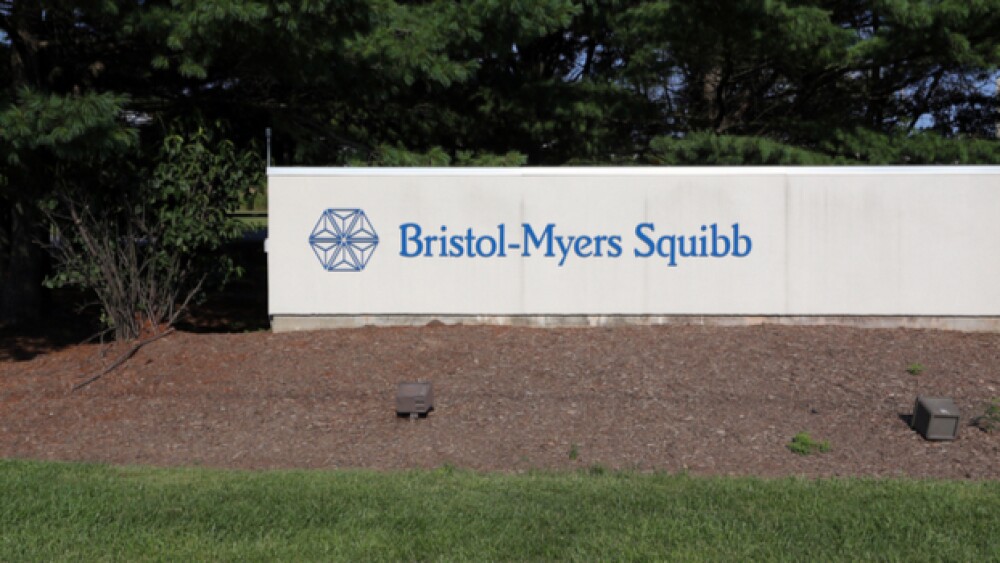The drug failed to meet statistical significance for overall survival. However, the company is putting a positive spin on it, saying it showed a clear improvement trend in OS for patients treated with Opdivo compared to sorafenib.
Bristol-Myers Squibb announced that its Opdivo (nivolumab) did not meet its primary endpoint in unresectable hepatocellular carcinoma (HCC). The drug was being compared to Bayer’s Nexavar (sorafenib).
The drug failed to meet statistical significance for overall survival (OS). However, the company is putting a positive spin on it, saying it showed a clear improvement trend in OS for patients treated with Opdivo compared to sorafenib. Sorafenib is the current standard of care for HCC.
HCC is the most common type of liver cancer. Liver cancer is the fourth most common cancer of cancer death worldwide. It is typically diagnosed late after the disease has been advanced and treatment options are limited. Most cases of HCC are caused by hepatitis B or hepatitis C infections, but metabolic syndrome and nonalcoholic steatohepatitis (NASH) are rising as causes of the disease.
“We are encouraged by the promising efficacy and safety trends seen with Opdivo in CheckMate -459, especially as HCC is a devastating and difficult-to-treat cancer, for which there have been no significant advances over sorafenib, a standard treatment, in more than a decade,” stated Bruno Sangro, head of the Liver Unit, Clinica Universidad de Navarra in Pamploma, Spain.
Opdivo is a checkpoint inhibitor for PD-1 and was the first checkpoint inhibitor approved anywhere worldwide. It is approved in more than 65 countries for a variety of indications including, but not limited to unresectable or metastatic melanoma, metastatic non-small cell lung cancer (NSCLC) and small cell lung cancer (SCLC).
“We remain confident in the important role of Opdivo for the treatment of patients with HCC and look forward to evaluating insights garnered from this trial with the goal of ensuring patients with liver cancer have the opportunity to achieve the best possible outcomes,” stated Ian M. Waxman, development lead, Gastrointestinal Cancers, Bristol-Myers Squibb.
Bristol-Myers Squibb also announced today that it plans to divest Celgene’s psoriasis and psoriatic arthritic drug Otezla (apremilast). The $74 billion acquisition of Celgene is under review by the U.S. Federal Trade Commission (FTC). In March, the FTC requested more material in its review on Otezla. Bristol-Myers Squibb has a rival TYK2 psoriasis drug in Phase III trials called BMS-986165. Celgene’s Otezla brought in $1.6 billion in 2018, up from $1.28 billion in 2017.
The companies expect the deal to close at the end of this year or in early 2020.
There was some speculation among analysts that there might be a conflict with a Celgene pipeline drug it is developing with China’s BeiGene that could be a competitor with BMS’s Opdivo. But it appears the companies believe Otezla is potentially a bigger issue.
BMS stated, “Bristol-Myers Squibb reaffirms the significant value creation opportunity of the acquisition of Celgene. Together with $2.5 billion of cost synergies, a compelling pipeline and a strong portfolio of marketed products, the Company continues to expect growth in sales and earnings through 2025. The Company is continuing to develop its promising immunology pipeline asset, tyrosine kinase 2 (TYK2) inhibitor, in several autoimmune diseases, including psoriasis.”





